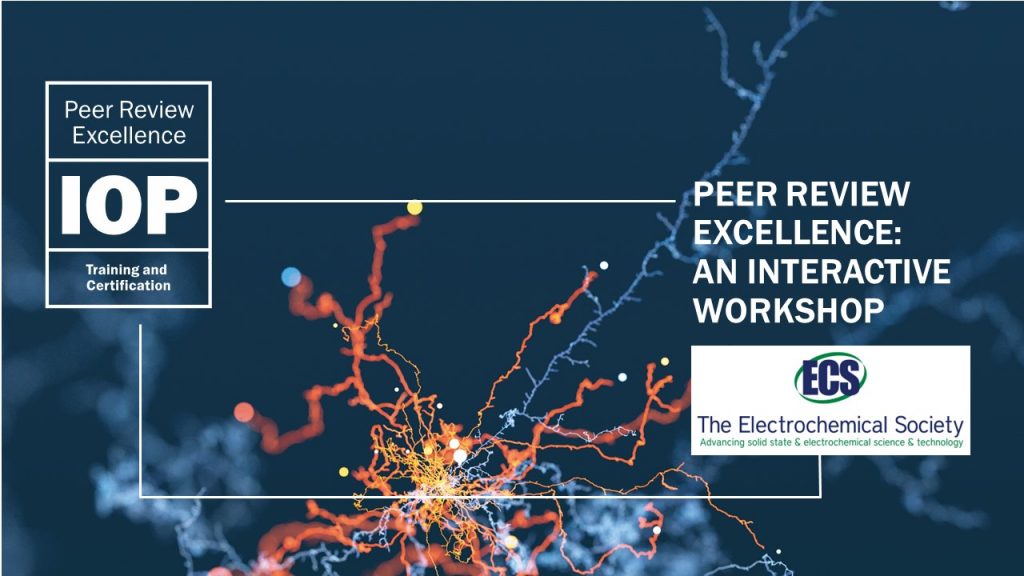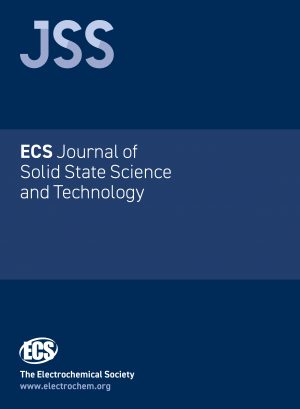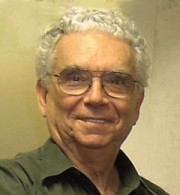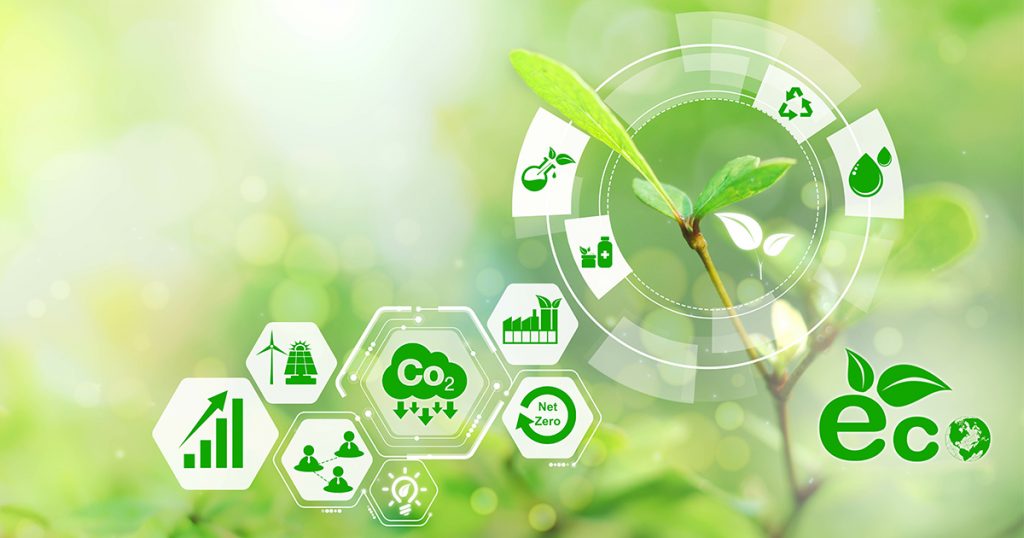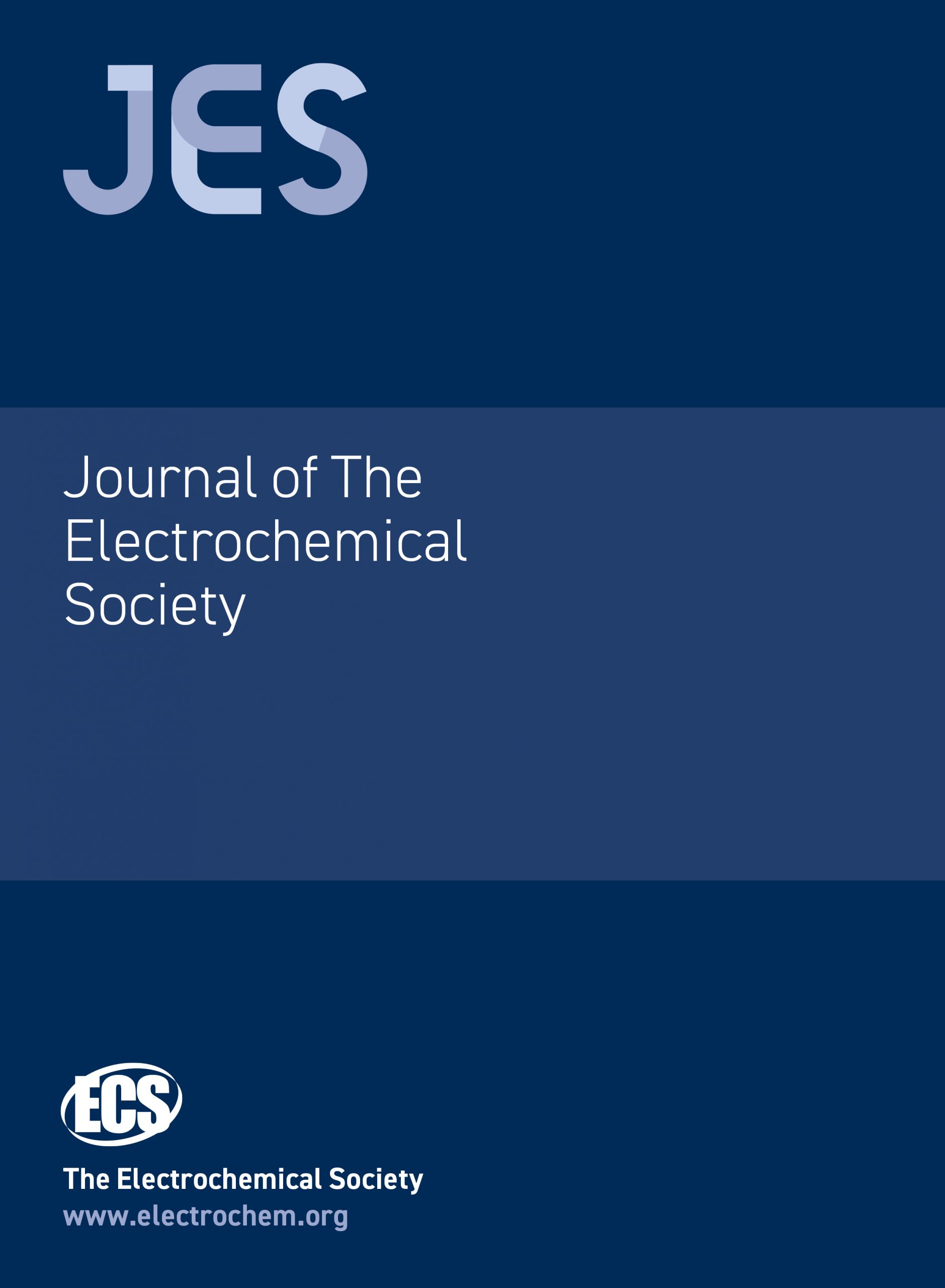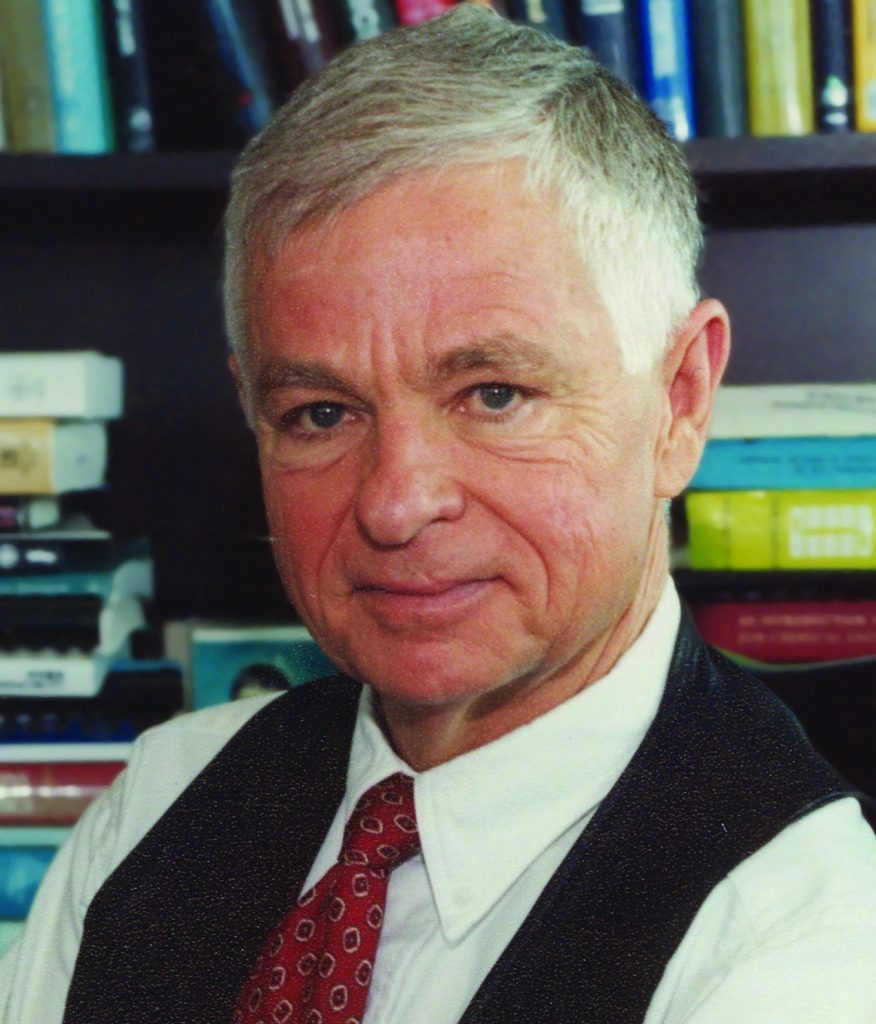 The Journal of The Electrochemical Society is publishing a focus issue in connection with the Multiscale Modeling, Simulation, and Design 5: In Honor of Ralph E. White symposium at the 243rd ECS Meeting.
The Journal of The Electrochemical Society is publishing a focus issue in connection with the Multiscale Modeling, Simulation, and Design 5: In Honor of Ralph E. White symposium at the 243rd ECS Meeting.
This focus issue is in honor of Professor Ralph E. White on the occasion of his 80th birthday. Professor White made significant contributions to the field of modeling and simulation of electrochemical systems—including capacity fade prediction of lithium-ion batteries, efficient algorithms for battery models, and models for chlor alkali industries. Dr. White has received several international awards, including the 2013 ECS Olin Palladium Award for contributions to the science of electrochemistry, 2016 ECS Vittorio de Nora Award for contributions to the field of electrochemical engineering and technology, and 2018 Henry B. Linford Award for distinguished teaching. As a department chair and Dean at the University of South Carolina, he was instrumental in training the next generation of students, researchers, and colleagues who have gone on to make significant contributions in academia and industry.
(more…)
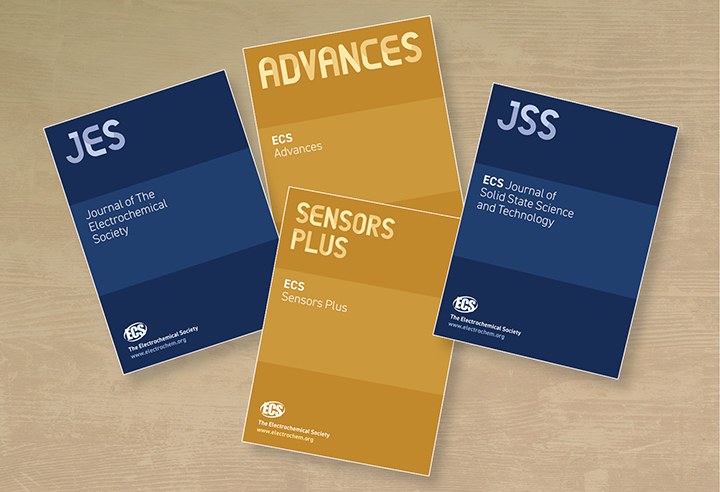 Deadline: March 15, 2023
Deadline: March 15, 2023

